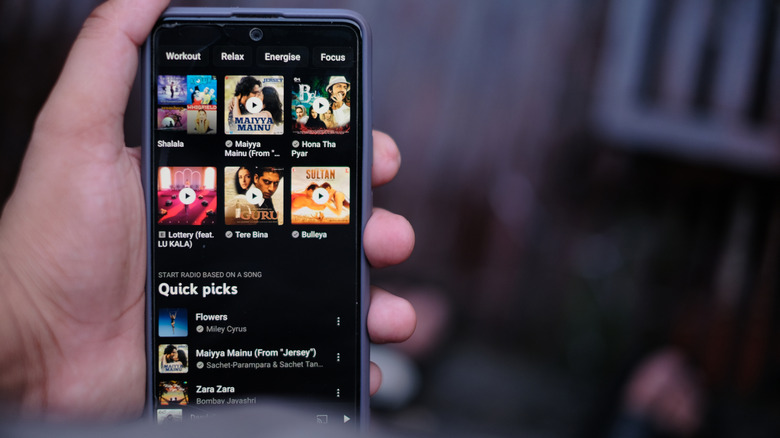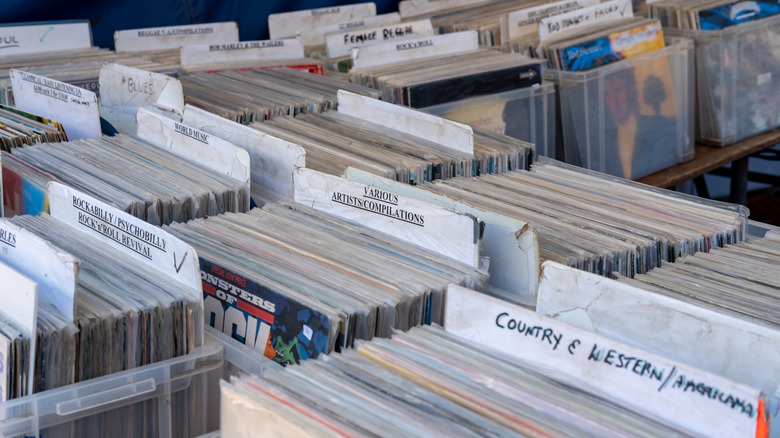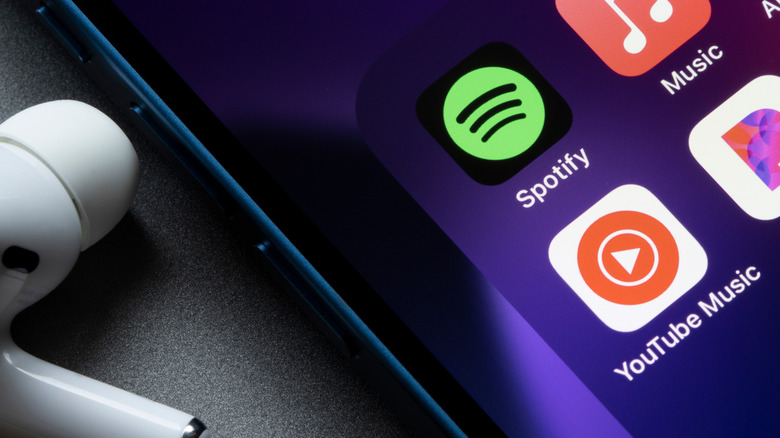YouTube Music Vs Spotify - Which Is Better?
Modern music services now offer way more than just music. They have innovative features such as collaborative jam sessions, music discovery, music downloads, and a lot more. Packed with smart AI algorithms, music services aim to offer the best listening experience to keep you glued to their platforms. Spotify is currently the undisputed champion in music streaming, with over 31% control of the entire U.S. market, and the industry dominance has been a result of its first mover advantage in personalizing music. YouTube Music, on the other hand, has been playing the catch-up game and currently holds around 9.1% of the total U.S. streaming market.
Before diving into the comparison, I know switching music apps can be intimidating for a variety of reasons. You've trained your streaming service according to your music taste and curated personalized playlists that mean something to you. You definitely don't want to lose them, and I have something that will help you preserve all your music if you decide to jump the boat.
As an avid user of both Spotify and YouTube Music, here's my take on how they compare based on their music recommendation, content library, and overall value for money.
Music recommendation algorithms
After you are done listening to your go-to tracks, the music recommendations take over and do the heavy lifting in keeping you hooked. Spotify's Discover Weekly is a personalized playlist that updates every Monday to include new songs tailored to your taste in music. Similarly, the Daylist is a dynamic playlist that refreshes multiple times in a single day. The AI-backed personal DJ feature is a new addition that plays a blend of fresh and forgotten tracks from your playlist while recommending some unheard music. That's not all for the green side when it comes to smart music recommendations, as the Radio feature is another helpful feature that generates quick playlists based on a song, genre, or artist of your choice.
On the red side of things, YouTube Music's recommended playlists such as the Discover Mix, My Supermix, and My Mix follow a similar approach to Spotify's auto-updating playlists. Additionally, the Samples feature presents a TikTok like discovery feed with short music video clips catering to your taste. The Radio feature works similar to Spotify but gives you the added advantage of customizing the artist variety and music discovery as per your taste.
In my opinion, both Spotify and YouTube music have enough tricks up their sleeves to offer great music recommendations. Personally, I find YouTube music's recommendation algorithm to a notch better, with just the right blend of unheard gems and known classics in all of their auto-generated playlists. Spotify is great too with its consistent playlists, however, sometimes this consistency adds monotony to the listening experience.
Content library
On paper, both Spotify and YouTube Music claim to offer over a 100 million audio tracks in their content libraries. While Spotify does great at including all kinds of music and artists, YouTube Music's library seems more dependable due to its YouTube integration. YouTube Music inherently includes all YouTube podcasts and music videos, making it more inclusive than most other music streaming libraries.
Here's something that I experienced a few days back — I was feeling nostalgic and wanted to listen to MrBeast's outro song. Please note, this outro isn't some mainstream chart buster, and only a few would search for this on a music service. So, I headed over to Spotify, but I couldn't find the original, just some fan-generated versions. On the other hand, YouTube Music had the original song right on top of the search results.
The takeaway here is that Spotify might never fail you with its content library if you listen to mainstream music. However, YouTube music might never fail you while searching for music even while searching for niche, indie, or regional tracks. According to my yearly recap, I am among the top 1% listeners, and I am yet to face an instance where I couldn't find a track on YouTube Music.
Value for money
Spotify Premium for individuals costs $11.99/month in the US, while YouTube Music premium costs $10.99/month. The slightly cheaper cost and neck to neck feature set makes YouTube music's premium a good deal until you add $3 a month and switch to YouTube premium. At $13.99, this premium bundle allows full access to YouTube Music along with an ad-free YouTube experience and added perks including picture-in-picture mode, background play, smart downloads, and more.
When comparing their free plans, YouTube Music becomes almost unusable due to the lack of some critical features like background play. The fact that you need to keep the YouTube Music app running with the screen turned while listening to music seems like an impolite way of closing the gates on free users. Also, the multiple ads on almost every song make it impossible to enjoy the listening experiences. While, Spotify also bombards you with ads, it remains way more usable when compared to YouTube Music's free version.
Switching between music services
Even if you decide to jump ship, the fear of losing all your music is daunting. I have been in your shoes, and I found music transfer services such as spotify2ytmusictool, TuneMyMusic, and SongShift make it much easier to switch. Simply connect your Spotify and YouTube Music accounts through these apps or services and transfer all your playlists (you may need to pay up if you have a lot of songs to move). While these apps can transfer playlists, downloads, and liked songs, they fail at transferring your listening preferences. Initially, you will need to train the new music service to recognize your taste in music. I, personally, found YouTube music's algorithm to be great at identifying my music taste and quickly recommending me songs that suit my taste.
Both Spotify and YouTube music present enticing deals that may make you jump the boat. If you prefer sticking to a free account, the green gang is the way to go for all reasons. Spotify's latest Premium features and a generally better-looking UI makes this green app a great buy for $11.99/month. That said, the YouTube premium plan at $13.99 is a fantastic deal with complementary access to YouTube music and makes much more sense if you are an avid YouTube user.




